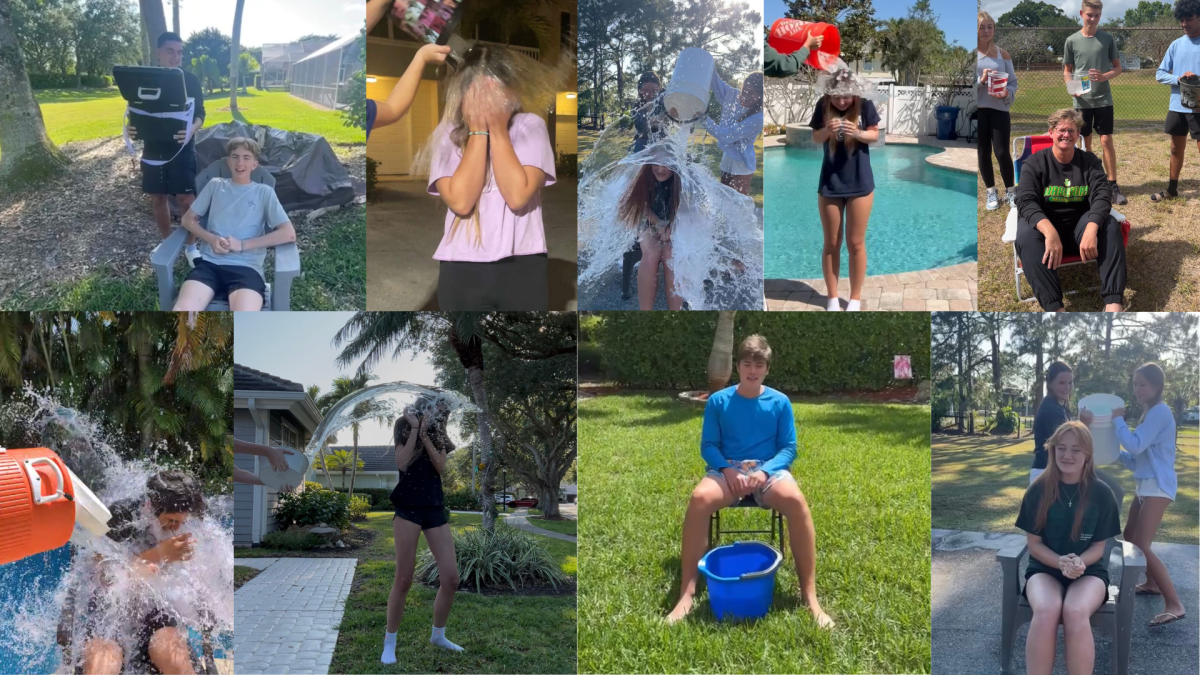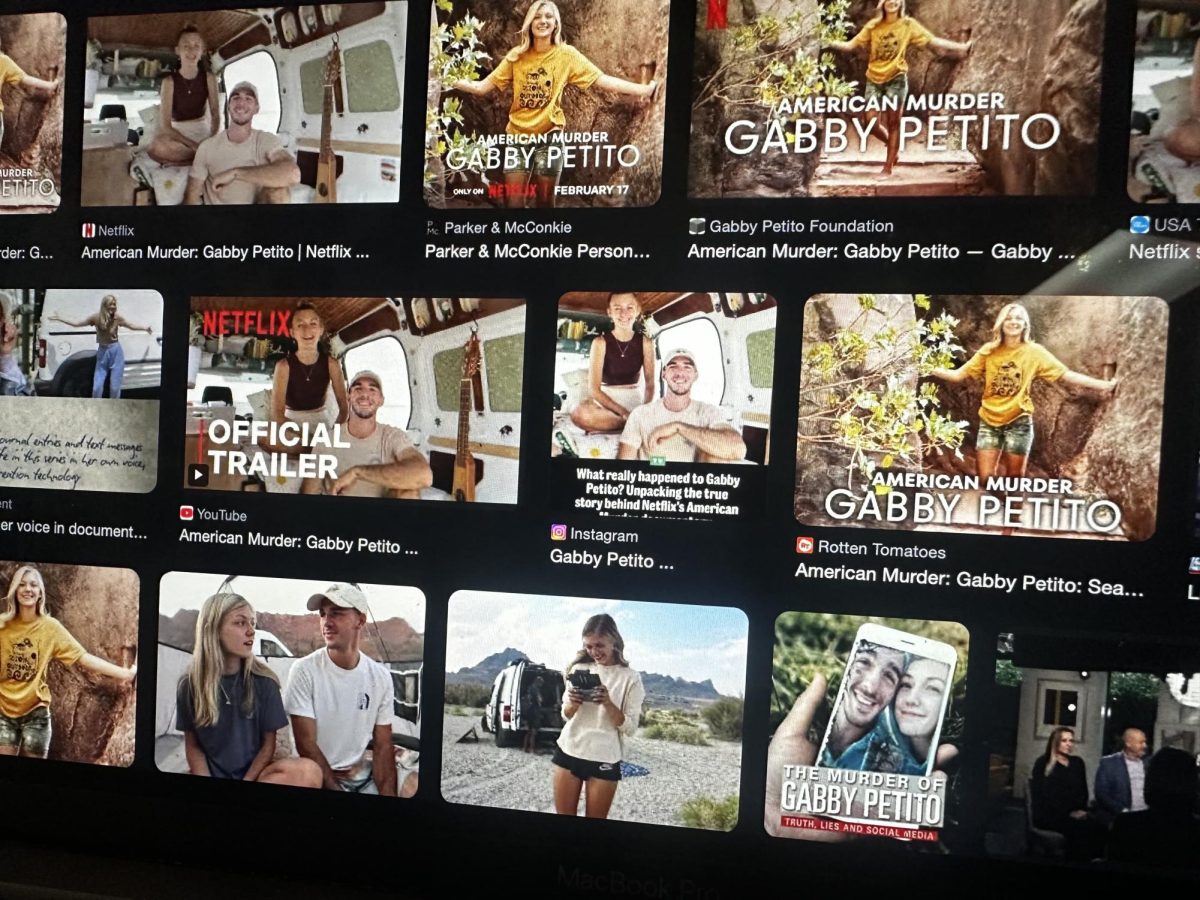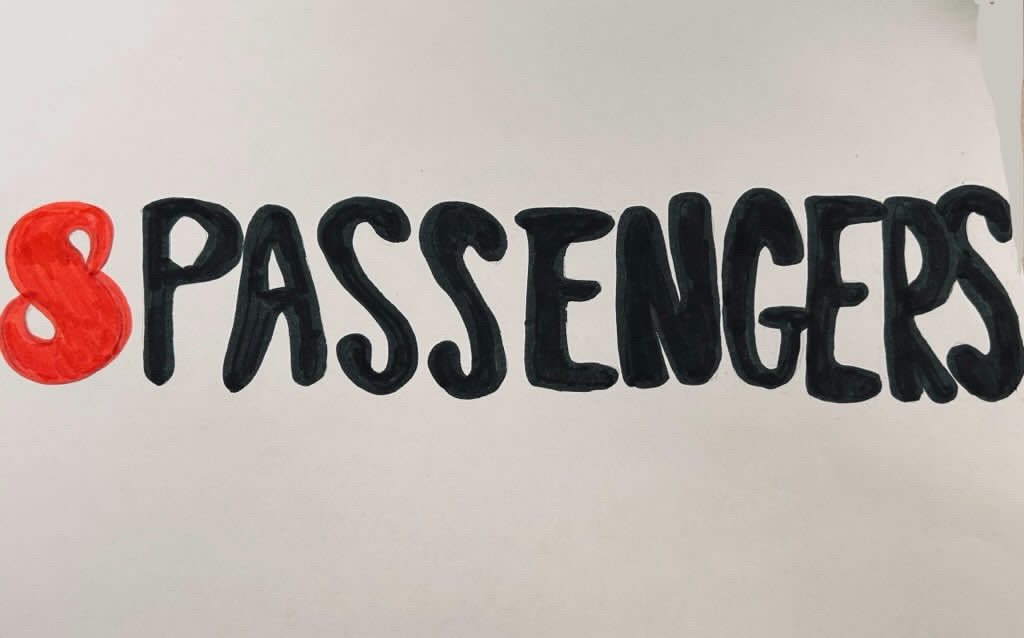“Unknown Number: High School Catfish” is a Netflix documentary about teenagers who were harassed by an unknown phone number. This documentary highlights a concerning trend: the increase in adult cyberbullying, which has to be addressed immediately.
Originally believed to be a high school peer-to-peer issue, cyberbullying today seems to have a broader impact, with adults using the internet to threaten individuals, spread false information, or post offensive statements.
“What’s alarming is that some parents are the perpetrators, often feeling justified by conflicts with other parents or authority figures. This can have devastating effects on the mental health of teenagers caught in the crossfire,” Mataya Shull, senior, said.
The findings of the documentary are supported by research: new data shows a rise in instances of perpetrators, with some estimates indicating that 58% of kids (13-17) have experienced bullying in their lifetime.
“After seeing such a rise in cases, this change is something that parents, teachers, and policymakers need to take seriously,” Emilia Figari, senior, said.
There are multiple causes for why adults engage in cyberbullying. For reasons such as miscommunications, stress, or long-standing personal issues, some adults may harass others.
In certain scenarios, it’s about control or retaliation. Regardless of motive, the effect on the victims is profound, resulting in depression, anxiety and sometimes even self-harm.
Experts stress the value of alertness and attentiveness. Teachers and parents need to be able to identify warning indicators, such as sudden social media withdrawal or behavioral changes.
“Schools need clear policies, but community involvement and legislative measures are essential in creating a safer online environment for us kids,” Figari said.
We need to develop a mindset of responsibility and ownership in order to counteract this pattern. Adult cyberbullying is a complex problem that requires complex solutions, as the documentary demonstrates.
“Victims should know they are not alone and that help is available by reporting online abuse, seeking support from trusted adults and encouraging digital literacy,” Shull said.
By raising awareness, taking preventative action and working together, society is able to stop this destructive trend and ensure that everyone, especially young people who are more susceptible to these new difficulties, may use the internet safely.
“Let’s work together to help bring this unfortunate trend to an end,” Figari said.









Anonymous • Sep 19, 2025 at 11:09 am
This is such a terrifying situation. Thank you for raising awareness!